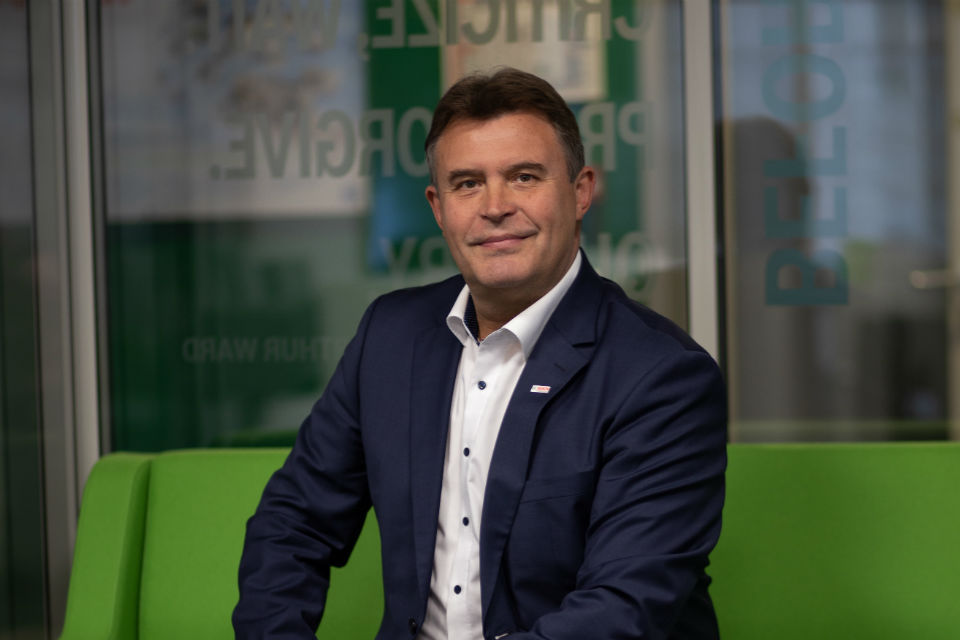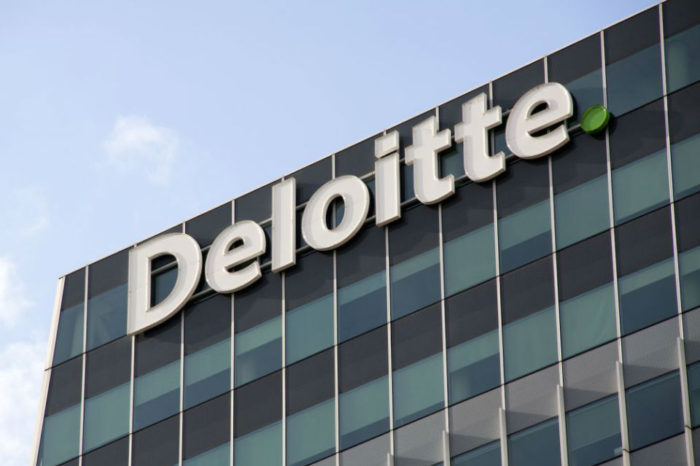INTERVIEW Mihai Boldijar, Bosch Romania: Challenges and Solutions for Smart Cities

A smart city tackles four main domains such as economic development, life quality, sustainability and optimized city use, according to Mihai Boldijar, General Manager Robert Bosch and the Bosch Group representative in Romania.
“The main systems that are supposed to be interconnected for a city to become smart are communication, mobility, health, real estate, environment, companies, energy and services, all-around, and for the citizen,” he told The Diplomat-Bucharest.
In his opinion, the technologies that make a smart city smart and innovative are three elements that define IoT: Software, Sensors and Services, powered by Artificial Intelligence.
How should a ‘smart city’ of the future look like in your opinion?
The concept of smart cities, which is rather a holistic view on a demographic settlement or a magnified perspective on smart communities, focuses mainly on urban ecosystems, emphasis on the citizens. Tackling four main domains such as economic development, life quality, sustainability and optimized city use, a smart city breaks down silos therewith creating an informational and operational web interconnecting disparate systems to optimize performance and create new business models through an integrated technological platform. The main systems that are supposed to be interconnected for a city to become smart are communication, mobility, health, real estate, environment, companies, energy and services, all-around, and for the citizen.
What are the challenges for the city of the future and what solutions are needed?
When talking about the city of the future, I actually see a much complex landscape. To simplify a bit this landscape, I prefer to highlight only the top five topics and the related challenges and solutions:
I would start with Mobility: as far as challenges concern, I believe that reorganizing or/and revitalizing the existing infrastructure as well as a connected and efficient public transportation are demanding projects, yet a must do. In terms of solutions, I see smart parking, fleet monitoring and management, intermodal planning, booking and payment to be of service; when it comes to Energy, challenges surface on managing peak demand, reducing environmental impact and improving existing infrastructure. A potential solution could be a higher attention offered to street light management and smart grid (metering, software, district heating). When talking about Security, it all comes down to public security (mass events, crime) and the difficulties in reducing the impact of natural disasters. Top three solutions here could be video surveillance, emergency services and disaster response. Governance is also topic facing many challenges – the market place and data analysis (monitor, control, predict, share cross segment knowledge necessary) are two of the most relevant. Developing a series of Apps, eGovernance and city dashboards could best respond to them. Finally yet importantly, we have Health, which is nowadays challenged by the stay-at-home policies, self-determination and our elder and vulnerable citizens and it is vital for it to be able to successfully operate e-Medicine protocols and be able to count on a connected life.
What are the technologies that make a smart city smart and innovative?
The three elements that define IoT: Software, Sensors and Services, of course, powered by AI.
In what ways will city dwellers enjoy better quality of life and what benefits will a smart city offer them? How can city authorities take a more personal and customer-friendly approach to the services they offer?
There is a very important prerequisite to ensure the expected benefits and achieve, at the same time, a customer-focused attitude: a large-scale alignment, with public debates on the projects that serve the citizen’s needs; full transparency on public expenditures with a very professional project management – in order to fulfil timely all commitments; a continuous involvement of the civil society and a transparent communication between authorities and the public opinion.
Only by doing so the citizens will start to feel a real transformation of behaviours, attitude, approach, understanding and empathy, while the authorities will gain more trust. Local communities and cities will thus become safer, cleaner and much more attractive.
How can Bosch help cities become ‘smarter’? What are your most important projects for ‘smart cities’?
Due to the vast variety of cities and their real needs, is very hard to develop on-the-shelf solutions, but rather developing a customized package of products and services. We are active worldwide with combined solutions for energy, security, mobility, governance and public services, always tailored according to the aligned decision between local authorities and end-user, in this case the civil society.














